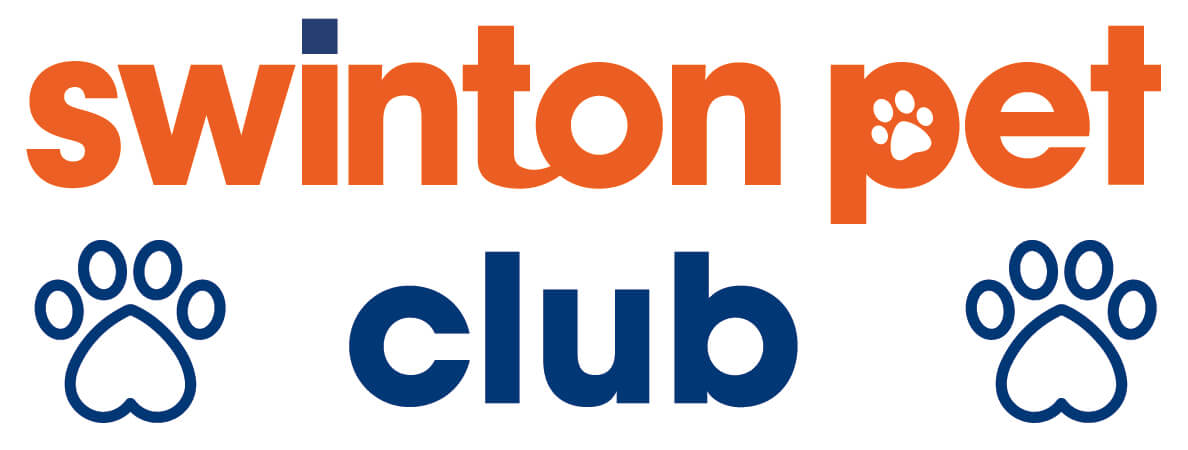Swinton Cat Insurance Benefits
Just some of our pawsome benefits include:
Classic and Essentials
- Vet fees - If your cat is injured or falls ill and needs vet treatment, we’ll make sure the costs are covered up to your chosen cover limit. This includes recommended complementary therapies like physiotherapy, osteopathy and
hydrotherapy.
- Emergency boarding — If you or anyone normally living with you needs to be admitted to hospital unexpectedly for three or more consecutive days, Cat Insurance covers the cost of licenced boarding, kennels or pet sitting up to
your chosen cover limit.
Classic only
- Theft/straying — In the unfortunate event your cat is stolen or goes missing, we’ll provide cover for any advertising and/or reward costs for their safe return.
- Death by accident or illness — If your cat passes away or a vet recommends they're put to sleep due to an accident or illness, we'll pay you the purchase price of your cat, or up to the cover limit provided whichever is lower.
- Travelling abroad — If you need to cancel or delay a holiday because your cat has a life-threatening illness or injury, we’ll contribute towards additional costs. You’ll also be covered for the cost of treatments
should your cat fall ill or be injured when traveling within the EU.
With Swinton Cat Insurance, you can also:
- Access and view your policy 24/7 with our online hub
- Speak to us via live chat or our UK-based call centre
What types of policies are available from Swinton?
All of the products available through Swinton Pet Insurance are Lifetime policies. These are the most comprehensive kinds of policy, offering cover against injury and illness for your cat’s lifetime.
You need to renew your policy with no insurance gaps to ensure continuing cover. Please note that when you renew your policy, your cover limit resets to fund any new and ongoing claims.
How much does Cat Insurance cost?
The cost of Cat Insurance will depend on a number of deciding factors: the type of policy that you choose, the age and breed of your cat, and the area that you live in.
- Your address - The cost of veterinary treatment varies across different postcodes. If you live in a high-cost area, you’re likely to have to pay more to insure your cat.
- Your cat’s age - Sadly, older cats are at a higher risk of developing disease than their younger counterparts, so your cat’s premium is likely to increase with age.
- Your cat’s breed - Some cats may be more expensive to insure than others because of their breed. For example, pedigree cats are at a higher risk of theft than mixed breeds. Some breeds are more prone to health conditions, too.
What types of cats can I insure?
Most types of cat can be insured. However, if you have a kitten, an older cat or a pedigree cat, check your policy documents to make sure that they are covered.
There may also be some exclusions. For example, Swinton Cat Insurance requires your cat to be at least eight weeks old. Other providers may not cover certain cat breeds; check with your insurer.
Kittens
You can insure your kitten with Swinton from when they are eight weeks old. However, there are some things that are not covered within your policy. These include:
- Neutering
- Vaccinations
- Worming tablets
- Flea control
- Microchipping
Older cats
While it’s possible to insure elderly cats, it’s common for insurers to apply an upper age limit to their policies. For example at Swinton, we don’t offer insurance for cats over 12 years old if you’re a new customer. This is because
older cats are unfortunately more likely to have an accident or become unwell.
If your cat has a pre-existing medical condition, be sure to declare this. It won’t be covered by your standard Swinton policy and your insurance may be invalidated if undeclared.
Pedigree cats
We insure pedigree cats. However, they may be more expensive to insure as they are more expensive to buy, and are more at risk of hereditary disease due to breeding.
For example, Siamese cats are sadly prone to cancer, Persian cats are prone to breathing problems, and British Shorthair cats can tragically suffer from kidney failure. Insurers have to take factors like this into consideration, often resulting in higher
premiums.
Please note that the restrictions on your policy may vary depending on your cat’s breed.
What doesn’t Swinton Cat Insurance cover?
- Pre-existing medical conditions — anything your cat has, has had symptoms of, has had medication for or advice from a vet about, prior to the policy starting.
- Everyday checkups and treatments — vaccinations, flea treatments, grooming and nail care, neutering or blood and urine tests aren’t included.
- Dental treatments — if they could have been prevented through regular checkups
- Any treatments not prescribed by a vet.
- Costs associated with pregnancy or giving birth.
What is the Swinton vet line?
Our cats and kittens sadly can’t tell us when they’re not feeling well, so it can be worrying if you start to notice changes in your cat’s behaviour or they don’t seem like themselves. As a Swinton Pet customer, you’ll have
access to our 24/7 vet line so you can chat to a trusted veterinary expert and ease any worries you may have.
With our team of friendly RCVS (Royal College of Veterinary Surgeons) vets, you can receive the help you need to answer your questions and concerns, day and night. Whether you need medical advice or simply have questions about the wellbeing of your pet,
we can provide qualified advice when you need it most.
The Swinton vet line can assist you with:
- Pet health triage and advice, including whether you should take your pet to your vet
- Behavioural triage and advice
- Nutritional advice
- Bereavement
- Diagnosis (where appropriate)
You can call the Swinton vet line as many times as you need to, and our lines are open 24-hours a day, 365 days a year. To get in touch, you need to:
- Call the Swinton vet line on 0333 332 4473.
- Have your policy number ready to provide — you can find this on your policy schedule.
- Describe your concerns or cat’s symptoms, or ask any questions about your pet’s health.
- A qualified veterinary nurse or vet will provide the advice you need.
In an emergency, you should always contact your vet immediately.
 Cat insurance from as little as £70 - Get your quote today
Cat insurance from as little as £70 - Get your quote today

